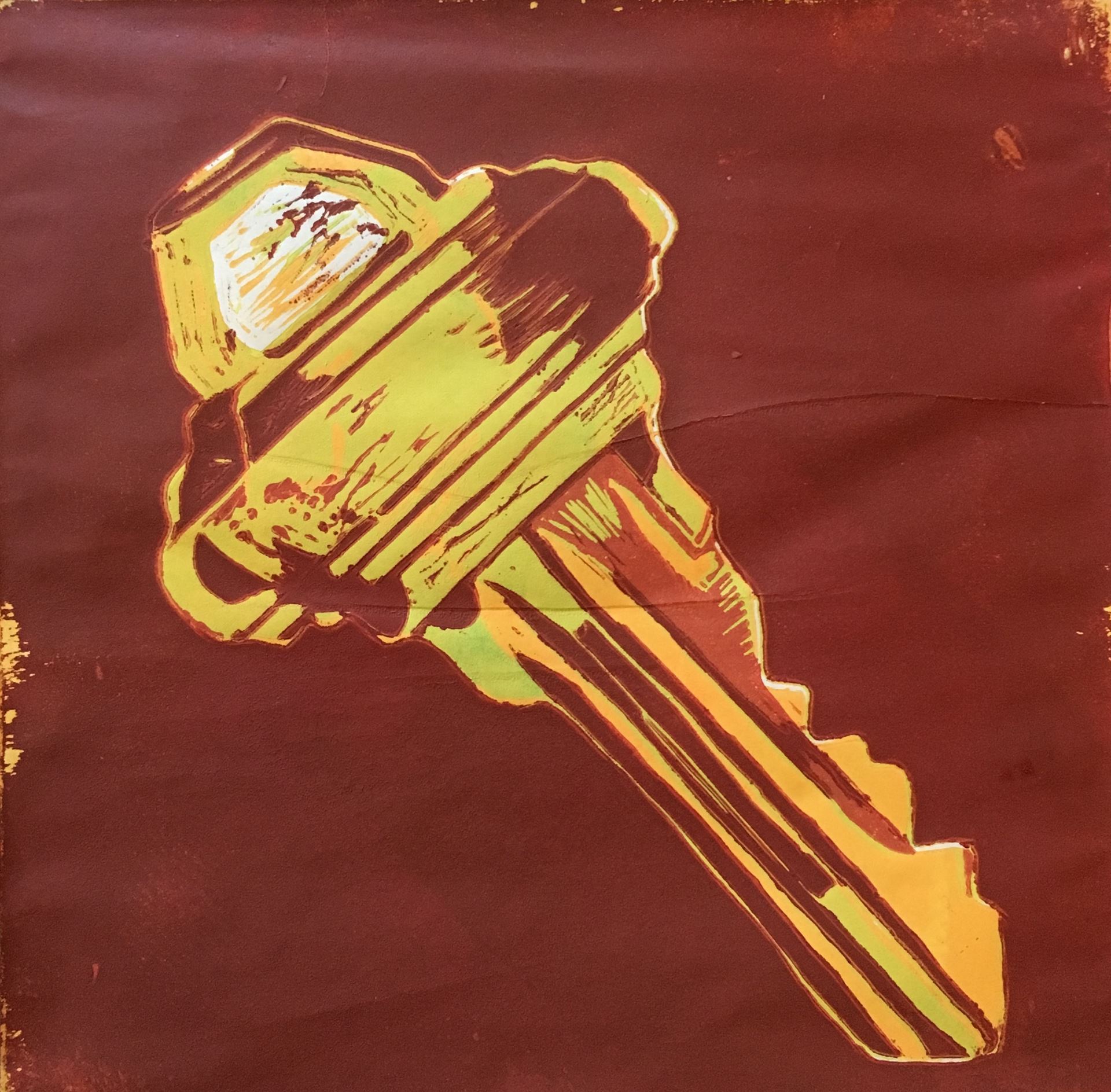IRPP
The Institute for Relational Psychoanalysis of Philadelphia

-
Addressing Racism and Exclusion in Psychoanalysis
Work in progress, August, 2020
We strive to be part of move toward an inclusive psychoanalysis, and see it as our responsibility to work to make changes toward this goal. We are committed to addressing racism and other forms of oppression and exclusion through a comprehensive approach, encompassing all aspects of the institute. This work is and will be ongoing. The following include actions taken so far.
Structure of our training:
For several years, we have worked to create programs to be relevant for those working in community settings. Aware that there are many such clinicians who would not be in a position, nor necessarily inclined to pursue full analytic training, we at first developed a one year “Foundations” program. We ran a version of that program three times, once with a specific focus on adolescence. Beginning in 2019, we restructured our entire training program to combine those who are interested in a psychotherapy training with those who want to continue on for full analytic training, as well as those interested in more focused and intensive work with children and their families. As Laurel Silber has articulated, bringing work with children from the margins to the center is in keeping with work to combat tendencies toward supremacy, disconnection, and prioritizing certain lives over others.
We have restructured the program in the following ways:
- Combined all tracks for the first two years, to increase accessibility for those wanting to deepen their work but not interested in full analytic training at this time, and to work toward a more inclusive focus for our work by including in a learning group those working in community and agency settings
- Lowered tuition for the first two years to increase accessibility
- Integrated courses focused on work with children and families into this two year core
- Added a third, child-intensive year, which can be taken in combination with or separately from:
- A third and fourth year which constitute the rest of the coursework portion of a full analytic training
- New offering (fall, 2020) – low cost group supervision groups: We are introducing group supervision options which are both more affordable and offer more opportunities for dialogue and mutual learning.
- To be considered: changing one of the case requirements for analytic training so that it can include work in a community setting, perhaps at differing frequency. Details to be worked out (emerging area)
Faculty :
- Increasing consideration and discussion of race and racism, shifting our understanding of our own participation, individually and collectively – Faculty study group focused on race since summer, 2019; this became a faculty-candidate group in June, 2020
- Increasing the diversity of our faculty – Continuing to focus on expanding our roster of BiPOC clinicians to teach and supervise, including novel approaches such as inviting psychodynamic clinicians who do not have formal analytic training to teach some segments.
Course content:
- Increasing class meetings devoted to aspects of race, racism, whiteness, including introducing these concerns as central at the start of the training; considering ways that racism is relevant to areas in which race is not the explicit focus; increasing representation of authors of color in multiple courses.
- In case discussions, increasing attention to dynamics related to race, gender, power differences, and the ways that these and other aspects of social context may be influencing the relatedness in the therapeutic dyad, as well as in the supervision
- Increasing relevance of courses for those working primarily in community settings (e.g., clinical seminar devoted to work in community mental health settings in Fall, 2019 semester)
Process, in classes and discussions:
- Responsiveness to concerns expressed in community and committee meetings
- Addressing what comes up emergently (i.e., engaging with enactments as they come up, for example, something that might occur in a class or workshop discussion)
Community Engagement – outside IRPP
- Monthly discussion group for clinicians working in community mental health settings, organized and run by Kyle Schultz
- Longstanding interest in developing low-fee clinic, in discussion stage
- Frequent consultation, and in some cases collaboration with other institutes, in regard to issues of diversity to foster mutual influence and shared learning
Candidates
- Ongoing efforts to attract more candidates who are BiPOC
- Increasing representation of candidates in planning key aspects and activities of the school
- Accessibility, including financial: as noted above: lowered tuition for the first two years; addition of low cost supervision groups. Further ideas in the works, including fellowship fund to supplement costs of personal analysis, to be applied for in year 2 for continuing candidates
Mission of the institute – commitment to incorporating social and cultural elements and social and historical trauma more deeply into how we think about both training and clinical work, beginning to be reflected in text of our new website, fall 2018

